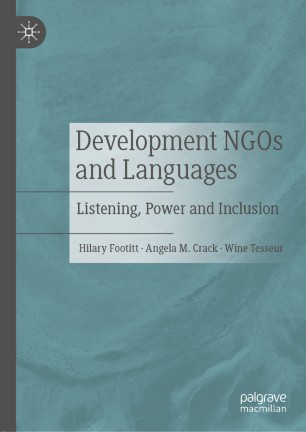

Most ebook files are in PDF format, so you can easily read them using various software such as Foxit Reader or directly on the Google Chrome browser.
Some ebook files are released by publishers in other formats such as .awz, .mobi, .epub, .fb2, etc. You may need to install specific software to read these formats on mobile/PC, such as Calibre.
Please read the tutorial at this link: https://ebookbell.com/faq
We offer FREE conversion to the popular formats you request; however, this may take some time. Therefore, right after payment, please email us, and we will try to provide the service as quickly as possible.
For some exceptional file formats or broken links (if any), please refrain from opening any disputes. Instead, email us first, and we will try to assist within a maximum of 6 hours.
EbookBell Team

4.4
82 reviewsThis bookaddresses, for the first time, the question of how development NGOs attempt to 'listen' to communities in linguistically diverse environments. NGOs are under increasing pressure to demonstrate that they 'listen' to the people and communities that they are trying to serve, but this can be an immensely challenging task where there are significant language and cultural differences. However, until now, there has been no systematic study of the role of foreign languages in development work. The authors present findings based on interviews with a wide range of NGO staff and government officials, NGO archives, and observations of NGO-community interaction in country case studies. They suggest ways in which NGOs can reform their language policies to listen to the recipients of aid more effectively.